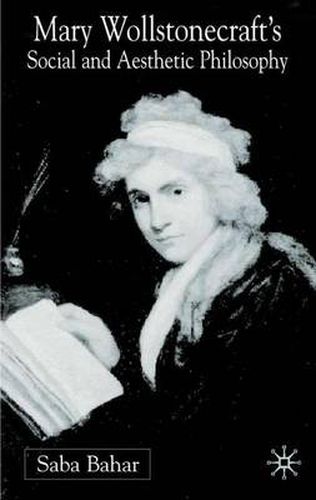Readings Newsletter
Become a Readings Member to make your shopping experience even easier.
Sign in or sign up for free!
You’re not far away from qualifying for FREE standard shipping within Australia
You’ve qualified for FREE standard shipping within Australia
The cart is loading…






This title is printed to order. This book may have been self-published. If so, we cannot guarantee the quality of the content. In the main most books will have gone through the editing process however some may not. We therefore suggest that you be aware of this before ordering this book. If in doubt check either the author or publisher’s details as we are unable to accept any returns unless they are faulty. Please contact us if you have any questions.
This text examines attempts to revise representations of women to give them a more active role in public life. Combining history of ideas with close textual reading to position her in relation to other 18th-century writers, this book demonstrates how she is directly engaged in rethinking key concepts in moral aesthetic and social philosophy, particularly where women are concerned. Bahar insists that Wollstonecraft’s political claims cannot be separated from her desire to develop more convincing aesthetic representations of women.
$9.00 standard shipping within Australia
FREE standard shipping within Australia for orders over $100.00
Express & International shipping calculated at checkout
This title is printed to order. This book may have been self-published. If so, we cannot guarantee the quality of the content. In the main most books will have gone through the editing process however some may not. We therefore suggest that you be aware of this before ordering this book. If in doubt check either the author or publisher’s details as we are unable to accept any returns unless they are faulty. Please contact us if you have any questions.
This text examines attempts to revise representations of women to give them a more active role in public life. Combining history of ideas with close textual reading to position her in relation to other 18th-century writers, this book demonstrates how she is directly engaged in rethinking key concepts in moral aesthetic and social philosophy, particularly where women are concerned. Bahar insists that Wollstonecraft’s political claims cannot be separated from her desire to develop more convincing aesthetic representations of women.